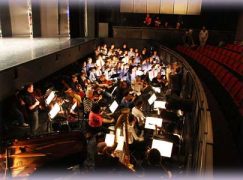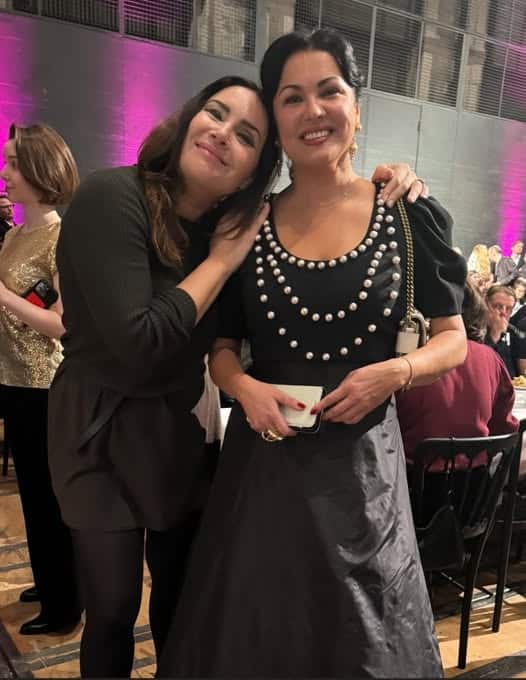Broadway won’t reopen in 2020. Nor will the Met
mainThe Broadway League confirmed last night that theatres will remain shut until after Labor Day. That’s the official line.
Privately, they told journalists that there will be no more shows this year and no reopening planned until some way into 2021.
A revival of Neil Simon’s Plaza Suite, with Matthew Broderick and Sarah Jessica Parker, has been rescheduled for March 19-July 18, 2021.
Where does that leave the Met? In the same boat.
Nothing before springtime.







Comments